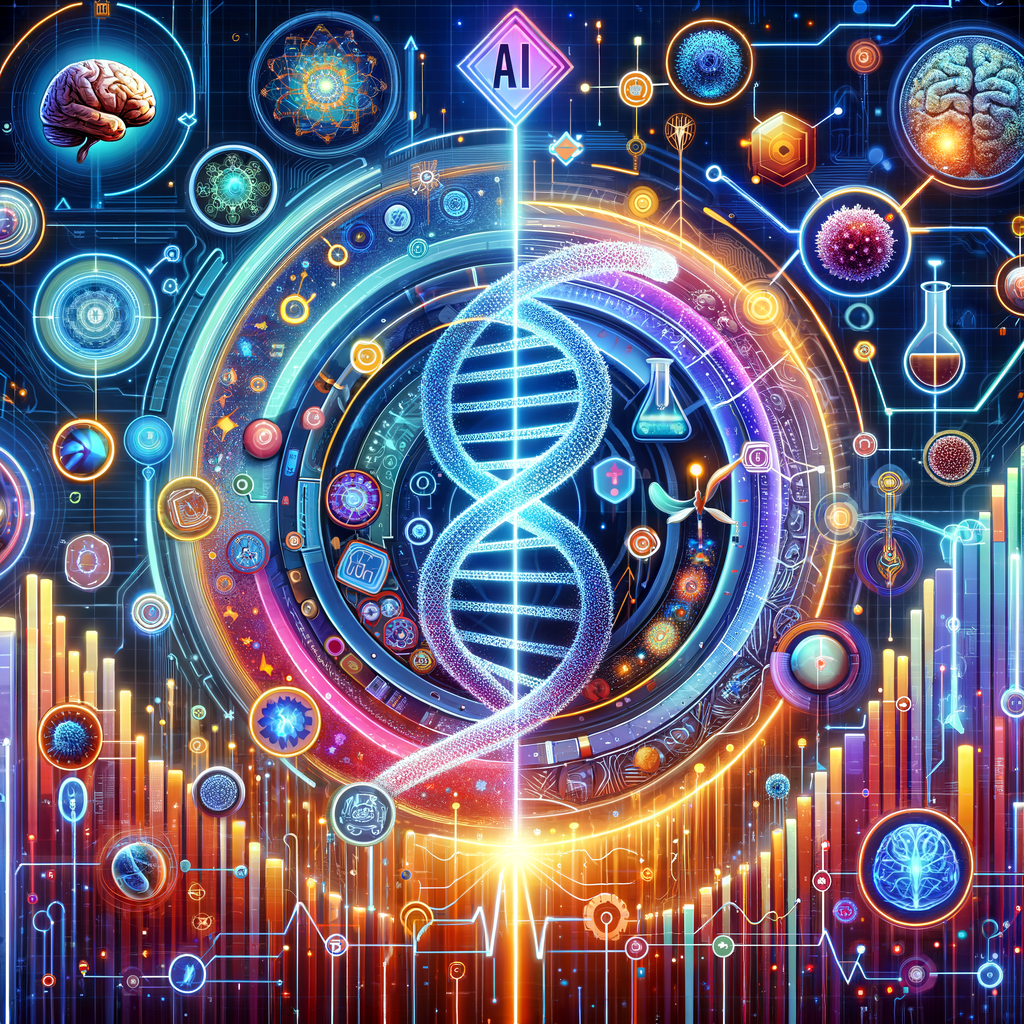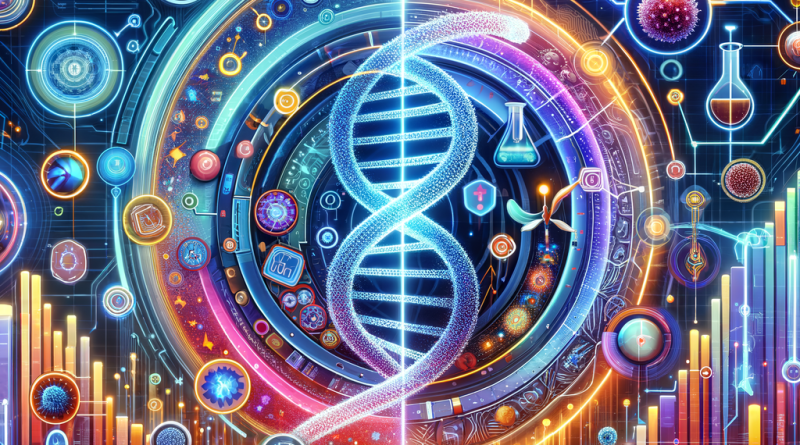“OpenAI’s GPT-4b Micro: Transforming Longevity Science with AI Innovation”

Exploring OpenAI’s Revolutionary Leap into Longevity Science
The buzz around artificial intelligence (AI) continues to grow, and OpenAI is further solidifying itself as a pioneer in the field. This time, the company is delving into the science of aging, bringing forth a groundbreaking project named GPT-4b Micro. Developed in partnership with Retro Biosciences, this visionary AI model aims to redefine how we view human longevity and regeneration. But how exactly does this technology work, and what does it mean for the future of healthcare and aging?
What is GPT-4b Micro?
GPT-4b Micro is more than just a spin on OpenAI’s well-known GPT models. This version is designed specifically for biological research. By targeting something called “Yamanaka factors”—proteins that transform adult cells into highly versatile stem cells—GPT-4b Micro breaks new ground in regenerative medicine.
- Enhanced Efficiency: The AI model has enhanced the effectiveness of stem cell production by about 50 times compared to natural proteins.
- Data-Driven Innovation: It was developed by training on an enormous dataset of protein sequences, enabling the model to experiment with innovative protein modifications that might not be feasible in traditional labs.
- Applications Beyond Aging: The potential seems almost boundless—treating age-related illnesses, organ regeneration, and improving overall human health.
In plain terms, this model is essentially enabling our cells to regenerate or reform in ways previously considered too futuristic to even discuss. If successful, some early predictions suggest that this technology could add up to 10 years to the average human lifespan. Imagine what that could mean for not just personal well-being, but societal structure, workforce longevity, and economic systems that today rely on fixed retirement norms!
Why OpenAI and Longevity, Though?
If you’re wondering why a company like OpenAI, widely known for its work in text-based AI models and robotics, would explore longevity science, you’re not alone. From their perspective, extending productive lifespans while reducing workload stress goes hand-in-hand with their broader mission: building tools that augment human potential. Not to mention, such projects help showcase the sheer adaptability of their AI technology beyond conventional use cases like chatbots or recommendation systems.
However, as exciting as this all sounds, it’s also worth noting that longevity-related research comes with its own set of challenges. Ethical concerns, accessibility of treatments, and unintended biological or societal consequences are just a few issues that require deep consideration.
The Wider Picture
While the specifics of GPT-4b Micro continue to unfold, its unveiling marks a notable shift. Long-lasting health issues like organ failure, degenerative diseases, or even the natural processes of aging could potentially be mitigated. This goes beyond science fiction—to a plausible reality that could redefine life as we know it.
But at what cost? Technology of this caliber doesn’t just strike at aging; it asks us to redefine how we consider life, death, and everything in between. And while OpenAI promises innovation, we as a society need to decide how comfortable we are with these bold steps into the future.
Are we approaching a world where living and being artificially sustained blur into one? Only time—ironically, time extended by AI—will tell.
Related Hashtags
- #AgingInnovations
- #LongevityScience
- #AIInHealthcare
- #StemCellResearch
- #ArtificialIntelligence
